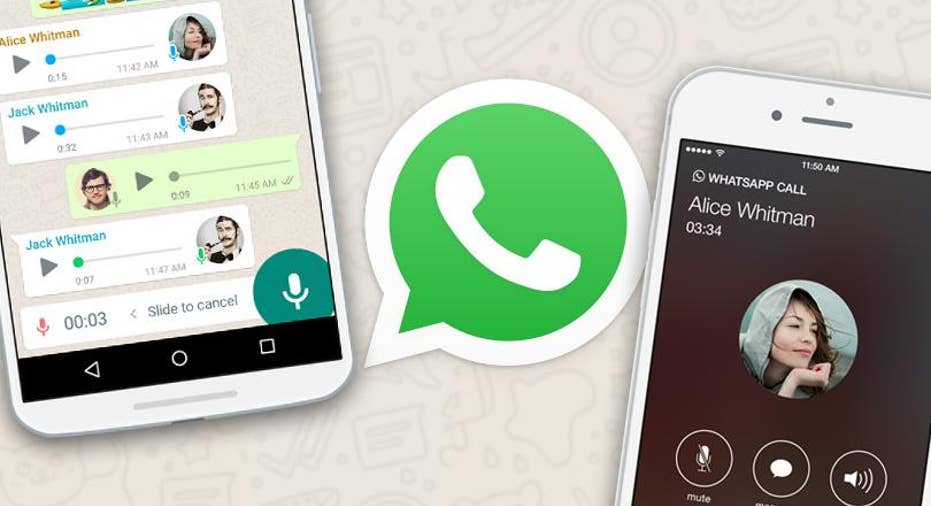WhatsApp, Skype Face Tighter EU Regulations

Apps like WhatsApp and Facebook Messenger might soon face tougher regulations in Europe.
As Reuters and the Financial Times report, the European Commission wants to extend traditional telecom rules to companies offering calls and messages over the Web, like Microsoft's Skype.
"The Commission is indeed working on an update of EU telecoms rules under its Digital Single Market strategy," Nathalie Vandystadt, a spokesperson for the EU's Digital Single Market, said in a statement. "The upcoming reform of the EU telecoms framework should incentivize and leverage more private investment in next-generation networks, provide regulatory predictability and the right conditions for all operators to invest.
"The Commission is looking into to what extent people can consider OTT services like WhatsApp and Skype to be functional substitutes for services provided by traditional telecoms operators, and is considering whether [the] scope of the current EU rules needs to be adapted, to ensure adequate levels of consumer protection and ensure that regulation does not distort competition."
She added that "this does not necessarily mean treating all communications services the same for all purposes." The plan will be presented in September.
Popular carriers like Deutsche Telekom AG, Telefónica SA, Vodafone, and Orange have lobbied the EU to repeal certain laws governing telecoms. Otherwise, they argue, the EU should at least broaden its rules to cover Internet-based services.
The EU's current "ePrivacy Directive," which applies to telecom firms, requires companies to protect users' communications and ensure network security, Reuters says. It also bars carriers from storing customer location and traffic data.
Facebook has rolled out end-to-end encryption for WhatsApp and Messenger, which it says could be compromised under the EU's plan. They tell Reuters that individual organizations would "no longer be able to guarantee the security and confidentiality of the communication through encryption," because governments can take control in the name of national security.
"Therefore, any expansion of the current ePD (ePrivacy Directive) should not have the undesired consequence of undermining the very privacy it is seeking to protect," Facebook told Reuters.
Facebook and WhatsApp declined to comment to PCMag; Microsoft did not immediately respond to a request for comment.
According to the FT, the rules would apply to services that require users to dial a phone number; Skype-to-Skype calls would not be included.
Editor's Note: This story was updated at 2:45 p.m. ET with comment from the EU.
This article originally appeared on PCMag.com.



















